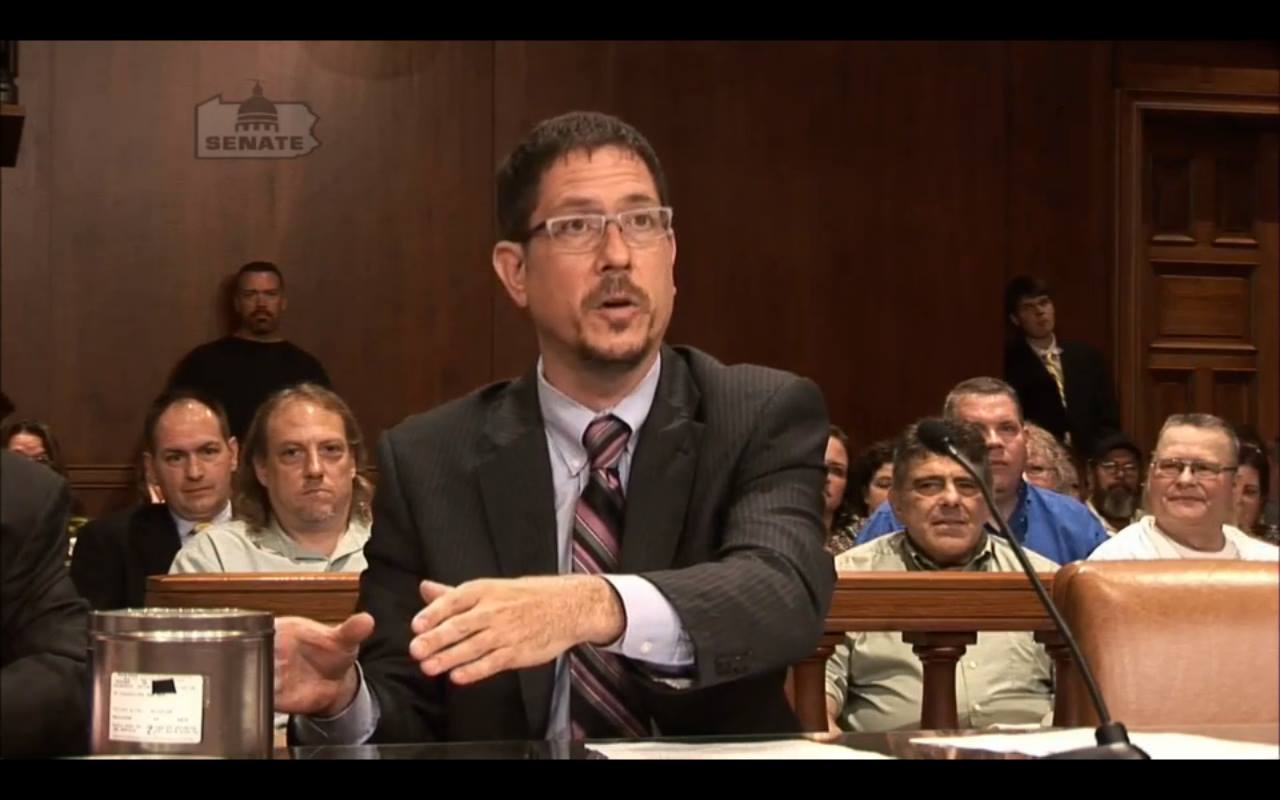Top Federal Crime Lawyer: Specialized Legal Defense for Federal Offenses
Top Federal Crime Lawyer: Specialized Legal Defense for Federal Offenses
Blog Article
Demystifying the Process of Federal Appeals: What You Required to Know
Navigating the complex realm of government allures can often feel like passing through undiscovered waters for those unfamiliar with the procedure. Recognizing the subtleties of appellate court jurisdiction, the complexities of filing a notice of appeal, providing an engaging brief, and making an influential dental disagreement are crucial elements that can substantially affect the result of a situation. By unwinding the layers of complexity surrounding federal appeals, individuals can obtain a clearer insight right into the mechanisms that govern this critical point of the legal system.
Recognizing Federal Appeals Refine
Digging into the complex realm of the government charms process unveils a methodical and organized journey via the judicial system - federal crime appeal lawyers in rhode island. Federal allures function as a critical mechanism for assessing decisions made by lower courts. Comprehending this process is necessary for anyone associated with legal proceedings at the federal level
The process normally begins with a party disappointed with a lower court's judgment submitting a notification of charm. This sets off a testimonial by a greater court, where a panel of judges assesses the lawful disagreements presented by both parties. Briefs detailing the lawful reasoning behind each celebration's setting are sent, and dental debates might be heard to clarify complex problems.
The appellate court's decision is based upon a thorough evaluation of the lower court's process and the disagreements offered. The judges do not concentrate yet reexamine facts on whether legal errors occurred that affected the reduced court's choice. When the appellate court gets to a choice, it can verify, reverse, remand, or modify the lower court's ruling, supplying clearness and finality to the lawful dispute. Comprehending this procedure is vital for browsing the intricacies of government appeals efficiently.
Appellate Court Jurisdiction Discussed

Appellate courts have jurisdiction over certain sorts of instances, generally those entailing legal errors, procedural issues, or concerns of regulation as opposed to valid disagreements. The jurisdiction of appellate courts is generally described in statutes and regulations that control the court system. Comprehending appellate court territory is essential for celebrations associated with the appeals process as it determines whether a case is eligible for review and the extent to which the appellate court can interfere in the reduced court's choice.
Filing a Notification of Appeal
The initial action in starting the government charms process involves filing a Notification of Appeal with the appropriate appellate court. west virginia federal appeal attorney. This important document formally alerts the court and the various other events entailed in the situation that the appealing party means to look for an evaluation of the lower court's choice. Submitting a Notification of Appeal is a stringent procedural requirement that establishes the appellate process in motion
When preparing the Notification of Allure, it is necessary to ensure conformity with the specific regulations and guidelines of the pertinent appellate court. The document should normally consist of information such as the instance name, the lower court's name, the date of the judgment being appealed, and a succinct statement suggesting website here the premises for the allure.
When submitting a Notice of Allure,Timeliness is of the essence. Missing the target date for submitting this record can result in the appeal being disregarded, highlighting the value of prompt and exact initiation of the charms procedure. It is recommended to look for lawful guidance to navigate the complexities of submitting a Notification of Allure properly.
Instruction and Oral Debate
In the appellate procedure, providing written briefs and engaging in oral disagreements play essential duties in advocating for the appealing party's position prior to the appellate court. Briefs are comprehensive legal files that detail the events' debates, lawful authorities, and evaluation sustaining their placements. These created entries provide the court with a comprehensive understanding of the facts of the situation, the appropriate legislation, and why the appealing party thinks the reduced court's choice should be overturned.
Following the submission and review of the briefs, oral arguments offer the events a possibility to more clarify their placements, address any inquiries the appellate courts might have, and highlight vital points from their composed briefs. Oral disagreements are a chance for the attorneys to persuade the courts through spoken advocacy and reactions to queries from the bench.

Getting the Appellate Court Decision

Verdict
Recognizing the appellate court territory, submitting a notification of allure, preparing briefs, and presenting oral debates are all important parts of this process. Eventually, obtaining the appellate court choice can provide clearness and resolution to lawful disagreements.
As we progress from understanding the federal appeals process to dissecting the details of appellate court jurisdiction, a fundamental facet comes to light relating to the authority and restrictions of these greater courts in the legal landscape. Appellate court territory refers to the extent of instances that a particular appellate court has the power to assess and make a decision upon. Unlike test courts that listen to cases for the initial time, appellate courts are restricted to assessing decisions made by lower courts. Comprehending appellate court territory is vital for celebrations entailed in the appeals procedure as it determines whether a situation is qualified for evaluation and the degree to which the appellate court can interfere in the lower court's decision.
Whether the appellate court affirms, turns around, or remands the reduced court's decision, comprehending the ramifications of the ruling is vital for all events entailed in the appellate procedure.
Report this page